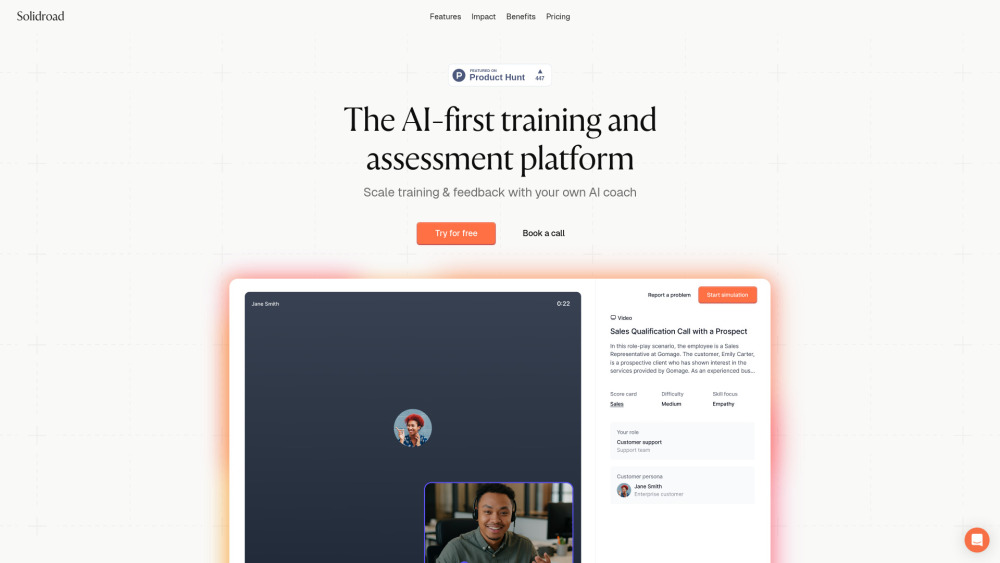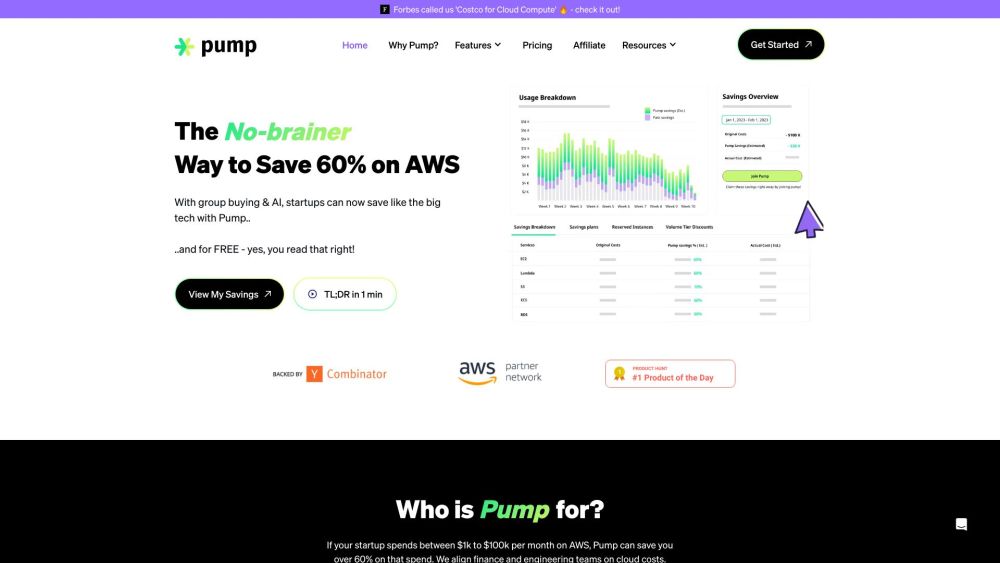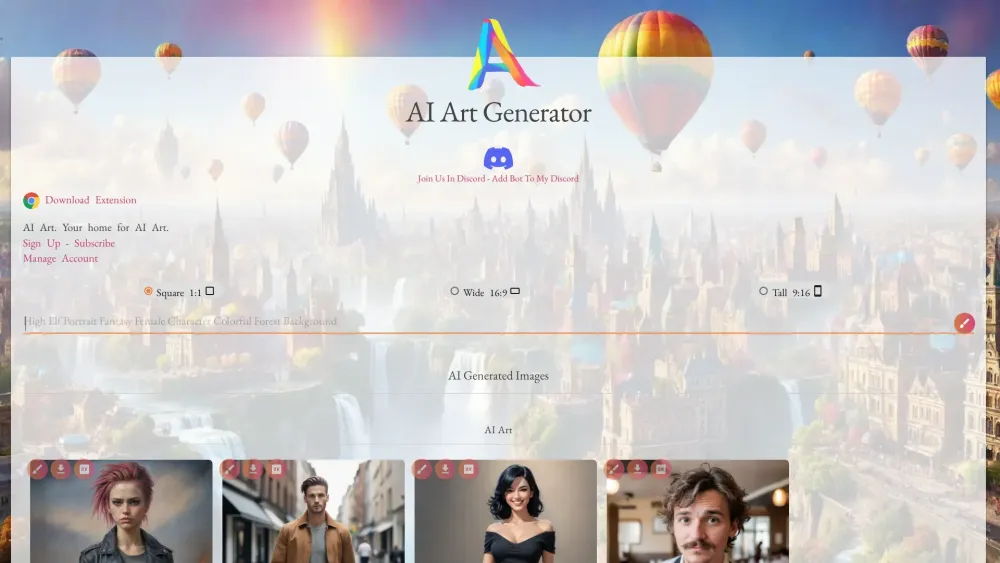Generative AI and the Rise of Autonomous Delivery Robots
Generative AI is transforming the landscape of enterprise robotics, enabling the development of smart robots capable of managing complex workflows. Among the early innovators in this space is California-based Vayu Robotics, which is pioneering a revolutionary line of on-road delivery robots.
While companies like Kiwibot, Neolix, Serve Robotics, and Starship Technologies have ventured into robotic delivery systems, Vayu Robotics distinguishes itself with a novel approach. By leveraging foundation models, Vayu has created an autonomous delivery solution that navigates any environment without relying on the typically complex and pricey technology stack.
“The unique set of technologies we have developed at Vayu has allowed us to solve problems that have plagued delivery robots for the past decade, finally creating a scalable solution for cost-effective goods transport,” said Anand Gopalan, founder and CEO of Vayu Robotics.
Despite being founded just over two years ago, Vayu has gained significant traction among enterprises, including major e-commerce players eager to fulfill consumer demand for ultra-fast deliveries.
Dismantling the Cost Barriers of Lidar
Traditionally, mobility systems are built around Lidar technology, which uses laser pulses to map environments in 3D, allowing robots to navigate effectively. While functional, the high costs associated with quality Lidar sensors—especially those that are long-range and high-resolution—present a significant barrier to scalability for many enterprises.
Gopalan, who previously led Lidar sensor company Velodyne, recognized this challenge when engaging with potential customers in the robotics sector. Many customers succeeded in creating initial robotic systems but hit roadblocks due to the high expenses of hardware or software limitations in variable conditions, such as fog or bright sunlight.
In contrast, Tesla Motors has successfully pursued an alternative approach to driver-assistance without Lidar or radar, relying solely on computer vision. Initially met with skepticism, this model has proven to be accessible, cost-effective, and resilient.
Following in this vein, Vayu Robotics embraces a similar philosophy, opting for a cost-effective solution that does not rely on traditional Lidar sensors.
Innovating After the Apple Car
Motivated to develop scalable and affordable robots from the start, Gopalan co-founded Vayu Robotics with Mahesh Krishnamurthi and Nitish Srivastava, both formerly part of Apple’s now-abandoned Special Projects Group, which focused on the self-driving “Apple Car.”
Since launching in 2021, the team has engineered an autonomous delivery robot that deftly navigates complex environments—ranging from urban streets to retail spaces—at speeds under 20 mph and carries payloads of up to 100 pounds.
The differentiation lies in Vayu’s design: the robot operates without costly Lidar sensors or prior mapping. Instead, it utilizes a transformer-based “mobility foundation model” coupled with an innovative passive sensor system.
“The mobility foundation model was trained in a simulation environment developed by Vayu, allowing us to generate millions of miles and challenging scenarios. Our unique sim-to-real transfer approach enables us to apply AI learning to real-world settings with a fraction of the time and cost compared to traditional methods,” Gopalan explained.
Adaptive Technology with Broad Applications
According to Gopalan, Vayu's mobility technology is versatile, capable of being integrated into various applications and potentially replacing existing Lidar-based systems in other robotic technologies.
Vayu targeted the delivery robot market amidst the soaring demand for e-commerce, recognizing that delivery costs remain high. With a cost foundation similar to a standard automotive camera module, the company believes it can significantly reduce delivery expenses.
“Our delivery robot connects to the customer’s e-commerce order dispatch workflow, receiving destination details like a third-party logistics provider. Typically, our customers house the robots at their warehouses or dark store locations, loading physical goods before Vayu’s system takes over to deliver packages,” Gopalan added.
Growing Demand and Future Prospects
Since beginning commercialization efforts a few months ago, Vayu has seen impressive demand, with 20 companies currently piloting the technology and over 100 prospects on a waitlist. The company aims to deploy 2,500 robots for a major e-commerce client through a recent commercial agreement.
“During our testing, the robots have accumulated thousands of real-world miles and millions virtually. We confidently project growth to $50 million over the next three years. Considering the broader market potential for robotic delivery and low-cost depth sensing, we're optimistic about exceeding this figure,” Gopalan stated.
Looking ahead, Vayu plans to demonstrate applications of its technology in bipedal and quadrupedal robots, showcasing its advancements by the end of this year.




